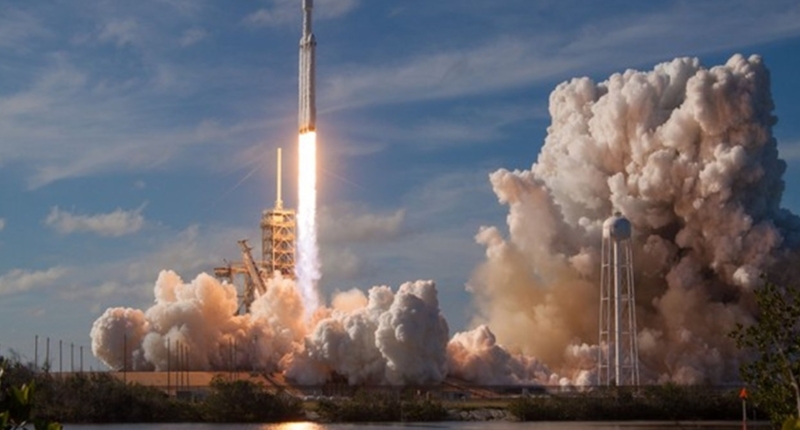OneWeb has completed its constellation of 618 low earth orbit (LEO) satellites, enabling the provision of broadband internet services from space worldwide. The final 36 OneWeb satellites were launched by the Indian Space Research Organisation’s Launch Vehicle Mark-3 (LVM3). OneWeb is a wholesale provider of internet services through its constellation of satellites, unlike the Starlink service offered by Elon Musk’s SpaceX directly to individual users. OneWeb had contracted ISRO for the launch of 72 satellites at a cost of Rs 1,000 crore after it had to scrap arrangements with Russia’s Soyuz rockets following the Ukraine conflict. LEO satellites significantly increase bandwidth and reduce latency in space to around 50-70 milliseconds (ms), according to a report by GSMA Intelligence, an industry body. This latency is much lower than that of GEO satellite networks, which are limited to 2G and 3G communications.
OneWeb Completes Global Satellite Constellation with ISRO LVM3
Bharti Enterprise-backed OneWeb has announced the completion of its constellation of 618 low earth orbit satellites, which will enable the provision of broadband internet services from space worldwide. The final 36 OneWeb satellites were placed in a low earth orbit by the Indian Space Research Organisation’s Launch Vehicle Mark-3 (LVM3) following a successful launch from the Satish Dhawan Space Centre at Sriharikota. This is the second time that OneWeb has used ISRO’s satellite launch services, with the first batch of 36 OneWeb satellites launched from Sriharikota in October 2020.
“This is the most significant milestone in the history of OneWeb, as we reach the satellites needed for global coverage,” said Neil Masterson, Chief Executive Officer of OneWeb. The company plans to launch services in India later this year, subject to regulatory approvals and has already acquired the GMPCS permit from the Department of Telecommunications as well as permission to set up an earth station.
OneWeb, which is backed by the British government, Bharti Enterprises, Eutelsat, SoftBank, Hughes Networks and Hanwha, has launched internet from space services in countries located above 50 degrees north latitude including Alaska, Canada, Greenland, UK and Northern Europe. The company is a wholesale provider of internet services through its constellation of satellites, unlike the Starlink service offered by Elon Musk’s SpaceX directly to individual users.
The launch of OneWeb’s global satellite constellation is a significant milestone for India to move towards benefiting from the remarkable capabilities of LEO connectivity and the spread of space-based internet. “This will surely aid in addressing the issue of low fixed broadband penetration and bridge the digital divide in the country’s most remote areas,” said Lt Gen A K Bhatt (retd.), Director General, Indian Space Association (ISpA), the industry body for the space sector, speaking to PTI.
OneWeb Offers High-Speed Low Latency Service Using LEO Satellites
OneWeb offers its network services to telecommunications companies, Internet Service Providers, enterprises and governments to use their high-speed low latency service. The company uses a constellation of low earth orbit (LEO) satellites to provide broadband internet access, which is different from the traditional method of using satellites placed in geostationary orbits (GEO) 36,000 km above the equator. OneWeb had contracted ISRO for the launch of 72 satellites at a cost of Rs 1,000 crore after it had to scrap arrangements with Russia’s Soyuz rockets following the Ukraine conflict. LEO satellites significantly increase bandwidth and reduce latency in space to around 50-70 milliseconds (ms), according to a report by GSMA Intelligence, an industry body. This latency is much lower than that of GEO satellite networks, which are limited to 2G and 3G communications.
Don’t miss interesting posts on Famousbio










